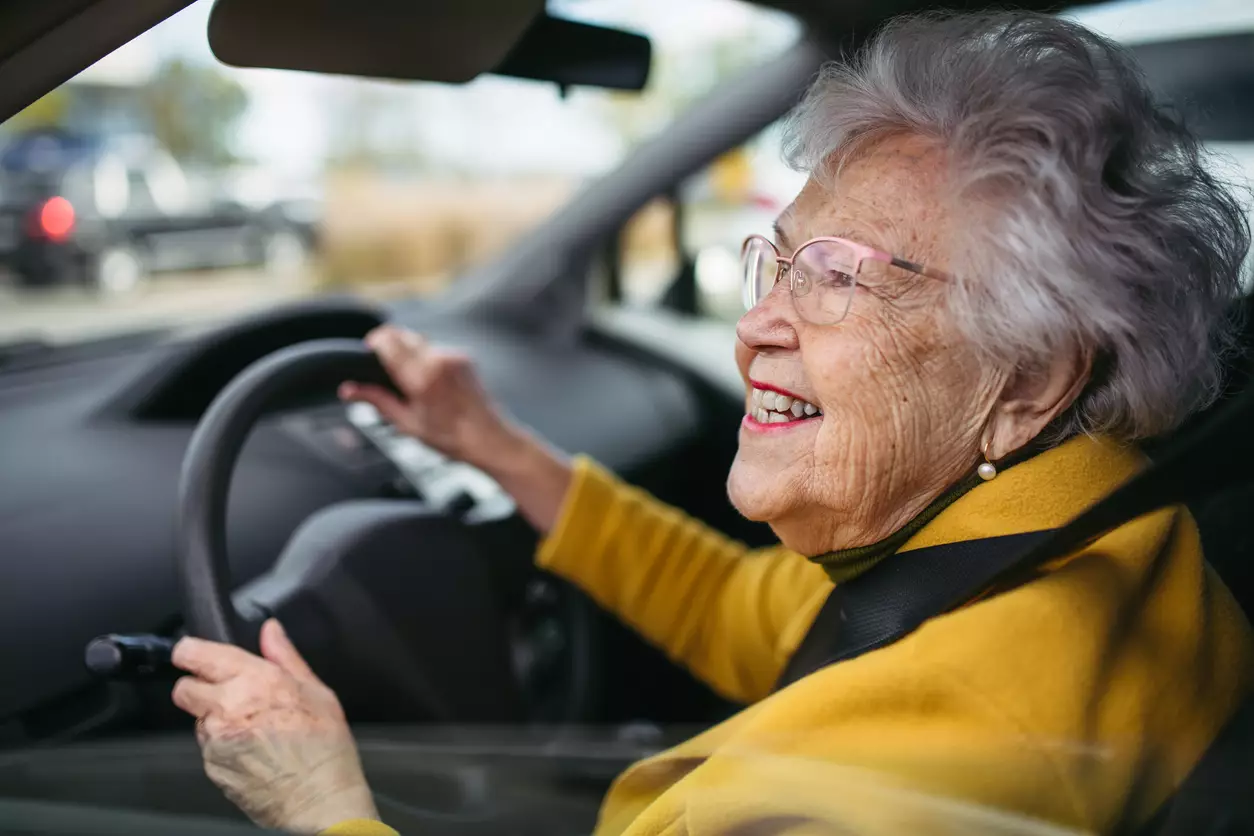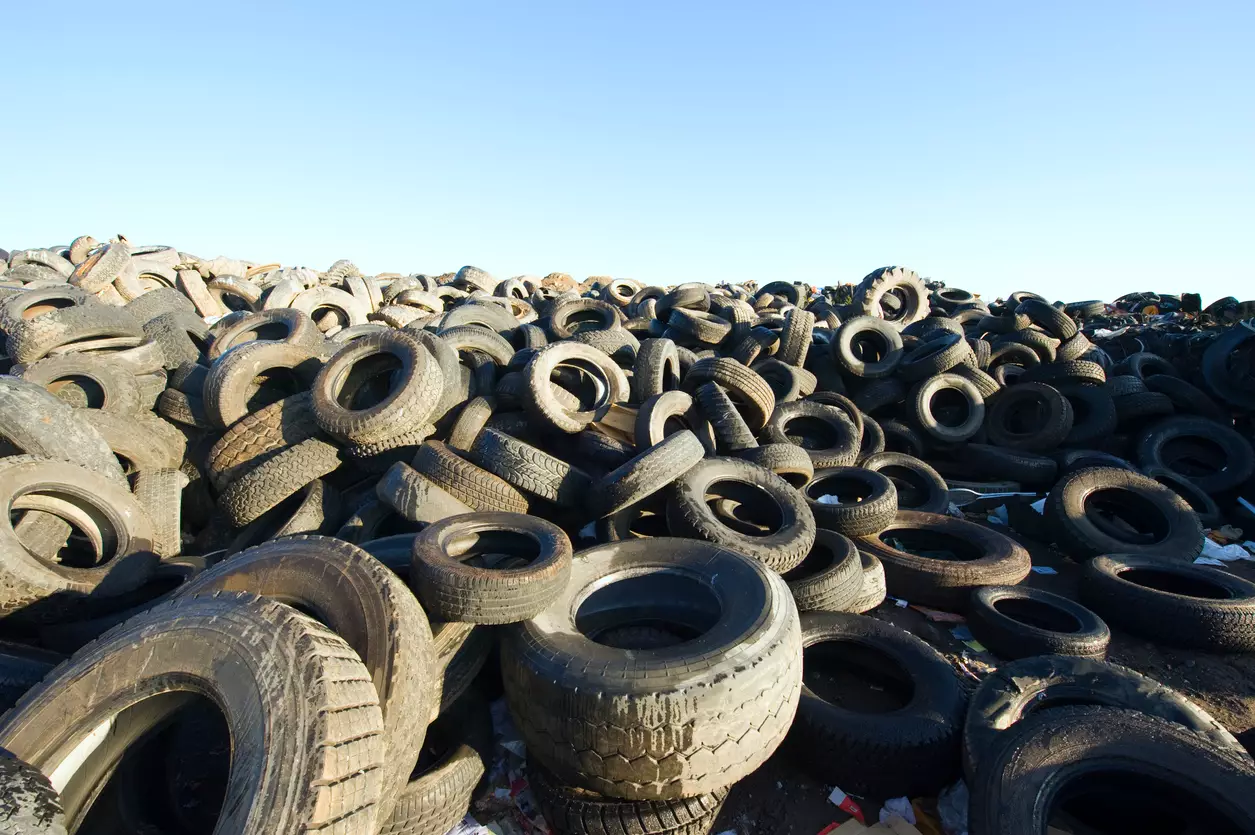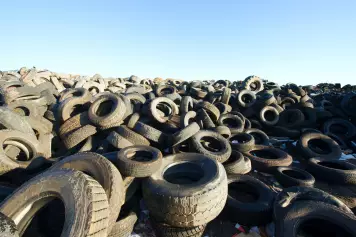There was a time long ago when a person could head to their local car dealership, pick out a great car, negotiate a fair price, and finance their dream vehicle at the local bank. Dealerships would make the promise to take care of that customer until it was time to buy another new car.
Those times are long gone!
The FBI estimates that nearly 1.3 million cars are stolen from the streets of the United States each year, with only one in three ever returned to their owners. Auto theft has grown into an 8 billion-a-year industry, and VIN cloning or vehicle swapping has become a significant contributor to that number.
What is VIN Cloning?
VIN cloning involves car thieves taking the Vehicle Identification Number (VIN) from a legally registered vehicle and swapping the 17-digit code with a stolen or salvaged vehicle of the same make and model.
Special Agent Ryan Toole, head of the FBI’s Vehicle Theft Division, says, “Cloning is currently by far our biggest car theft challenge.” The agency is working with the American Association of Motor Vehicle Administrators and the National Motor Vehicle Title Information System, linking all 50 states to combat the staggering number of vehicle thefts in the country.
Maril Bauter decided that a 2019 Toyota 4-Runner in perfect condition, with no indication of title problems or accident history, was going to be her retirement ride. Washington State Patrol Agent Jason Hiscks stated there was no way for her to know the vehicle was stolen. Maril did her homework, checking the VIN and CarFax, and everything looked good. Nothing seemed out of place when Maril paid $40,000 in an all-cash deal, even taking her bogus title to the Department of Licensing to register her Toyota.
Three years later, after a routine VIN inspection, the Washington State Patrol told Maril the stunning news that her 4-Runner was stolen. Her insurance refused to pay the claim. After an investigation, a third-party licensing agency failed to run a national title check when switching the title from Oregon to Washington. Maril’s case was finally brought to light by channel KRO 7, and Farmers Insurance finally paid her claim. In many cases, the victim is required to pay off a loan they no longer possess.
What Can a Scammer Do With a VIN Number?
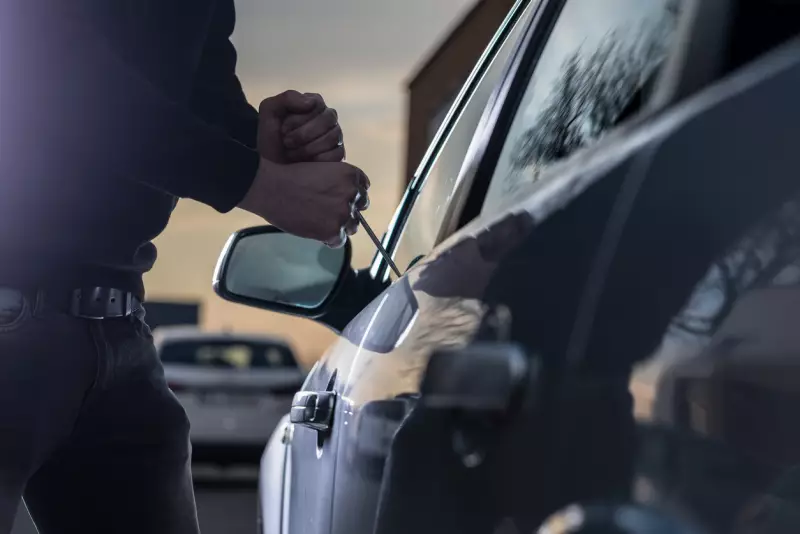
Prolific auto theft rings are wreaking havoc across the automotive landscape with their complex tactics and widespread, growing criminal resources in every state. VIN cloning is now one of the most lucrative means of car theft.
- Frontmen of a car theft ring scour malls, grocery parking lots, and anywhere newer late-model cars and trucks are parked. Thieves concentrate on popular models that are easy to sell on the open market, such as Maril Bauter’s 2019 4-Runner.
- After the vehicle has been stolen, the thieves head to a neighboring state and a familiar new car dealership. They are looking for the exact year, make, model, and trim level, even the same color, of the car that was just stolen.
- Posing as shoppers, the car thieves jot down the 17-digit VIN code and all other pertinent information on the vehicle.
- The sophisticated resources of a car theft ring make an exact copy of the VIN plates attached to the dashboard and driver’s side door jam. Thieves carefully pry off the old plates and replace the VIN with the copied ones.
Voilà, two very similar cars and one VIN (impossible under Federal guidelines)
The final step is to legitimize the theft. Thieves use forgery to obtain a valid title, insurance documentation, and registration papers from another neighboring state. The vehicle is now ready for sale to an unsuspecting buyer at nearly full price. In Maril Bauter’s case, she paid $40,000 cash.
The sale of the cloned car is almost impossible to trace since the stolen vehicle is legally titled and registered in a state different than the original. Beware of a used car deal that is too good to pass up; for example, a 2019 Toyota 4-Runner, with very low miles, is listed at half the original offering price of $40,000. It is too risky for car thieves to hold onto their stolen cars for any length of time.
VIN Cloning: What You Need to Know
There are a lot of advantages to buying a used vehicle instead of a new one. Prices are significantly less than new, depreciation means a better investment, and the cost of ownership is usually significantly lower. However, buying a used vehicle in the modern treacherous environment is perilous at best.
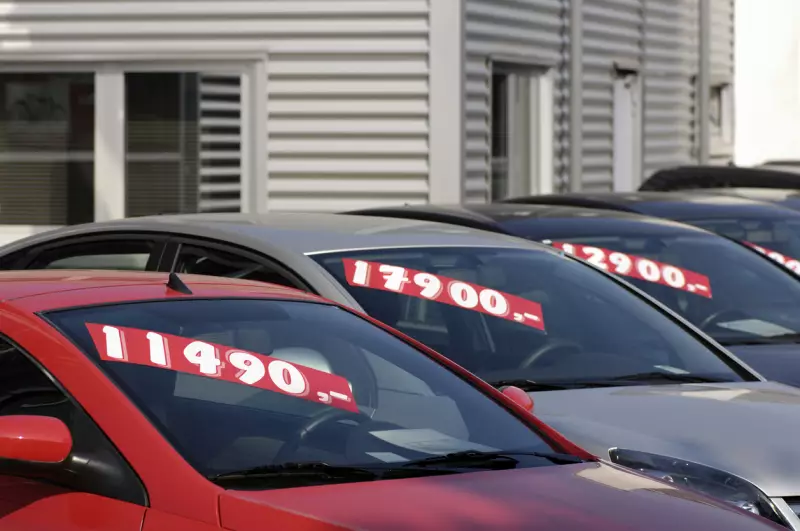
Used car buyers can no longer rely on their instinct for a good deal to make the right decision, and taking only the word of a car salesperson has always been suspect. A lot of potential buyers just starting to look for a used car have never heard of VIN cloning, title washing, bypass methods of keyless entry systems, or wireless engine start. To name just a few of the insidious methods car thieves rely on.
One vehicle is stolen every 32 seconds in America, disrupting lives, causing huge financial hardship, and undermining people's trust in their communities. Complete due diligence is the key to avoiding a VIN cloning.
Signs of a Cloned Car and How to Avoid the Scam
- Gaps in vehicle registration or titling. Pay close attention to the GoodCar VIN Check information on reported registration information. Look for gaps from one owner to the next or state to state.
- Has the vehicle been hopping around the country in a matter of a few weeks or months?
- Make absolutely sure you know where to find the vehicle's VIN. Most car thieves limit their VIN swapping to the dashboard and driver’s side door jam, but VIN codes can also be found in trunks, on the engine block, and on the firewall. The GoodCar site can tell you where to look.
- Understand the report carefully and make sure any timeline of damage or historical events lines up with how you understand the vehicle’s history. Does the timing between events seem plausible, or are they off by a month or two every time?
- Listen carefully to what the seller says about their vehicle. Make certain there are no significant gaps in information on the report that seem suspicious.
- Red flags should immediately go up if there are any misspellings on the title or registration papers. Verify ownership carefully, and don’t be afraid to ask for a proper ID and a copy of the owner's signature.
Trusting your gut may be the most prudent advice when buying a used car. Again, if the deal sounds just too fantastic to pass on, it usually is. If anything sounds suspicious from the first text and conversation about verifying the owner’s identity, pass on the deal and find another car. Have a list of questions to ask, and if the seller is evasive in any way, walk to another car.
FAQ
- Can two cars have the same VIN?
Not legally. Mistakes are made, and of the millions upon millions of American VINs, there are few instances of a single VIN showing on two different vehicles. VINs are the vehicle’s DNA, and there are never two VIN codes that are the same. - What does Duplicate VIN Error mean?
A Duplicate VIN Error means the VIN of the vehicle you are buying is tied to another dealership inventory and stock number. To get the VIN titled and registered correctly, the originating dealership must legally transfer the VIN to the selling dealership. - How common is VIN cloning
Over 1.3 million cars and trucks are stolen each year. The FBI does not have any solid numbers on VIN cloning. However, VIN cloning is trending up and has become a significant number of the total vehicles sold each year. - How do I verify a VIN?
The most comprehensive means is using a quality VIN check service such as GoodCar. - What does a VIN tell about a car?
VIN codes offer the first line of information a manufacturer wants the public to know about its vehicle. Established in 1981, the VIN gives anyone the make, model, trim levels, engine size, transmission type, and the year of the vehicle. - Is it safe to give out my VIN?
Yes, it is entirely safe. A VIN can only be used to obtain general information about your car or truck and its history and service records. After all, anyone can walk up to your vehicle and jot down the number. - What is VIN Swapping?
VIN swapping, VIN switching, and VIN cloning are essentially the same felony actions. A stolen car's VIN number is swapped for a similar vehicle, which is then sold to an unsuspecting buyer who has not performed complete due diligence when buying a used car.








